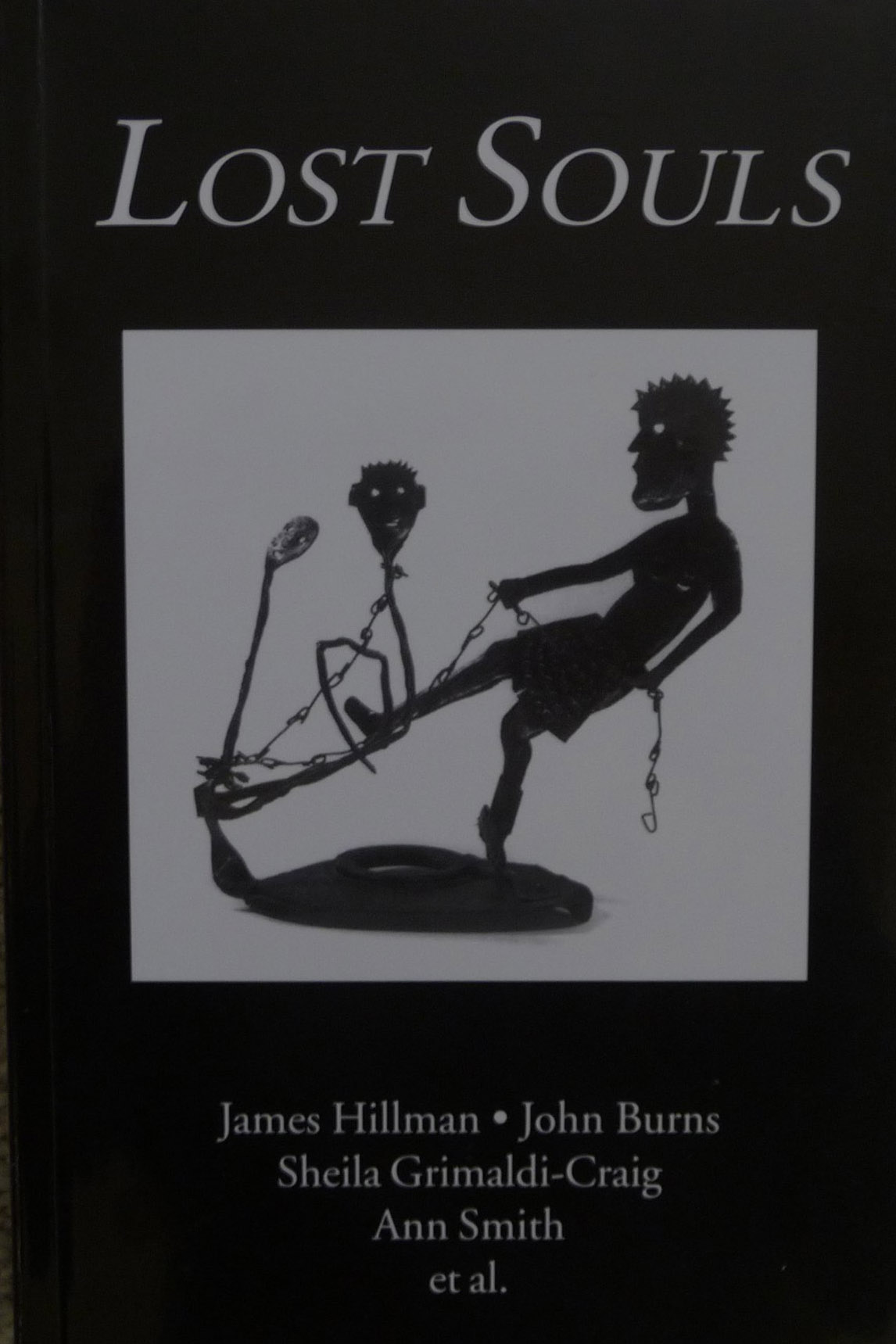Friday, 19th June 2015
7.00pm-7.45pm Habitat Canterbury - The Club Room
DISCUSSION - with Mary Duffy
‘Evil from the Psychological Point of View’
by Liliane Frey, Ph.D.
taken from Spring Journal no.65
Liliane Frey-Rohn, one of Jung's closest collaborators, received her doctorates in psychology and philosophy from the University of Zurich. She is also the author of
Friederich Nietzsche: A Psychological Interpretation of His Life and Work.
NOTE: This very long essay will continue as the Discussion Topic for July.
8.00pm Habitat Canterbury - The Sanctuary
Therapeutic Entanglement
Jung was convinced of the significance of intuition in the therapeutic process. Intuition, for Jung, is ‘a kind of instinctive apprehension, irrespective of the nature of its contents’. He calls it ‘a characteristic of infantile and primitive psychology’, suggesting that it is the way ‘archaic man’ experienced the world, and that it is still a basic function in the way we experience the world, more basic than the conscious thinking and feeling which characterise the later development of both the individual and the species. He also showed a willingness to accept the findings of parapsychological research, and saw intuition as allied to anomalous phenomena such as mental telepathy and remote sensing which, like intuition, manifest our inter-connectedness.
Jung came to see inter-connectedness as a basic quality not only of all living beings but of our relationship to the universe. In his later writings he shifted his focus from the autonomy of the individual to our connection to all life. In this talk I suggest that the position taken by Jung is well supported by contemporary science and has significant implications for our understanding of our personal experience and the therapeutic process.
Dr Bernie Neville has had a long career teaching and researching in the fields of education and counselling. Both Jung and Rogers have had a significant influence on his thinking, and he has a particular interest in exploring the commonalities and differences in these two ways of thinking about life and human behaviour. Bernie is the author or editor of several books - the latest being The Life of Things: Therapy and the Soul of the World (David Lovell Publishing 2014). He is currently Professor of Holistic Counselling at the Phoenix Institute of Australia.


